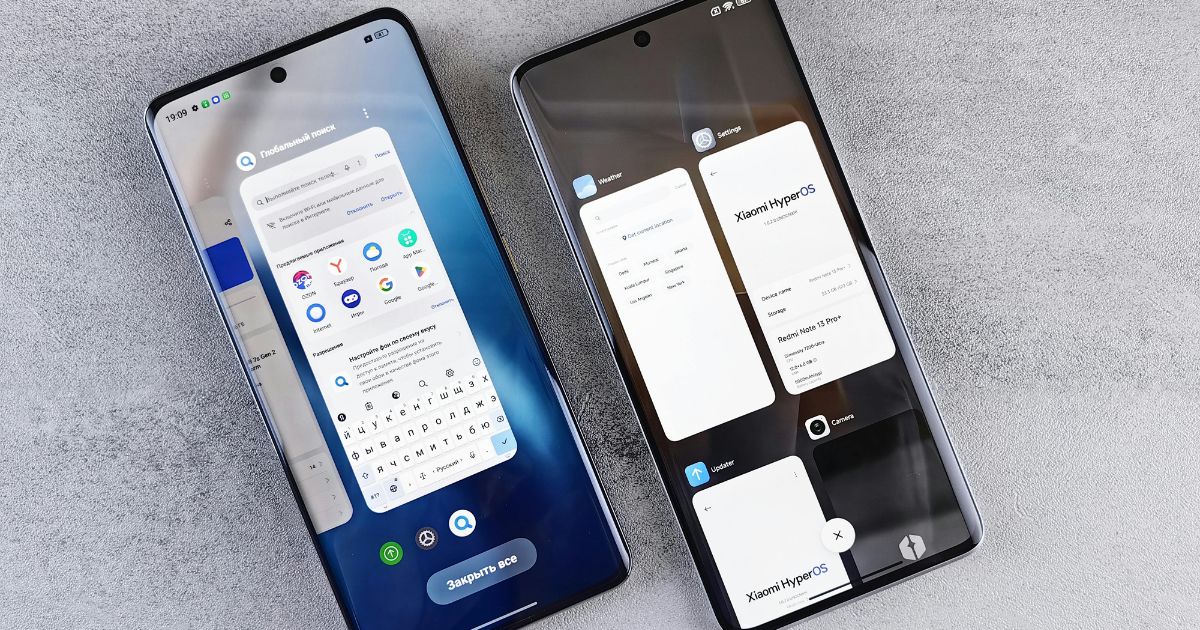Introduction
Throughout history, there have been hundreds of game-changing advances in technology including the wheel, the steam engine, gunpowder, vaccines, nuclear energy, space travel, and connected digital devices. All great inventions; however, only one of these technologies is capable of collecting massive amounts of data about you without your knowledge.
On the whole, few would argue that technology in the right hands has done immeasurable good in countless ways for millions of people. But I submit that when it comes to the business of creating opportunities, the Internet is the undisputed champ. In the relative blink of an eye, suddenly almost anything is possible for almost anyone almost anywhere—all made possible by the leap to digital, a skip to mobile, and a short hop to apps. Suddenly, almost anything is possible for almost anyone almost anywhere. Think about that for a moment. It reminds me of that famous movie line, “With great power comes great responsibility.”
To be clear, all of us at AppIt firmly believe technology itself is neither inherently good nor inherently bad. It is simply a tool. And, like many tools throughout history, it can be used for a variety of purposes...not all of them beneficial to the average, everyday citizen. Which brings us to the topic at hand.
What is Ethical Data Collection?
Simply put, ethical data collection is the practice of collecting only enough data to better serve your customers—no more, no less—and is characterized by the following three concepts:
- Transparency – you disclose to your users exactly what data you collect and why.
- Temperance – you use that data solely for the benefit of current customers and/or to appeal to prospects that most closely resemble your best customers.
- Service – your motive for collecting data is improving the customer experience, not manipulation.
Examples of Ethical Data Collection
A strong example of ethical data collection has to do with user profiles. By collecting demographic data and comparing that to the profiles of users with the highest levels of app engagement, companies may then determine an Ideal Customer Profile (ICP) to use as the basis for finding and engaging more customers that fit that profile. In this example, you don’t need to capture information such as the user’s name from the profile, just the demographic data required to generate lookalike audiences for your own ad campaigns.
Conversely, unethical data collection might include gathering name, contact information, and demographic data, and then selling that information to advertisers or data analysis companies for your own financial benefit—all without telling users what you’re doing or giving them the choice to opt in or opt out. Another example is the practice of tracking user behavior within an app, which is extremely helpful in proactively addressing bugs or gaps in the app’s features. Furthermore, this kind of data can be employed to generate more valuable content for your user base.
An unethical use of collected behavior tracking data would be to manipulate users of the app into behaviors that don’t serve them. Social media is notorious for this, deliberately manipulating users to remain on their platform for as long as possible in order to serve up as many ads as they can. In recent years, regulators have caught on to the practices large social media companies have employed to create digital addiction for their own benefit.
Sadly, these same practices are to the detriment of large portions of end-users—especially children and teens. In this example, users aren’t empowered to understand what’s happening and to make conscious choices. Instead, they are subject to subtle shifts in features without their knowledge intended to keep them engaged on the app for extended periods of time. Motive is the all-important differentiator between ethical and unethical data collection. Ethical collection is customer service-centric; unethical collection is self-serving and manipulative.
Why Ethical Data Collection Matters
Ethical data collection is much more than a trending topic or subject for philosophical debate. To underestimate its importance is a huge mistake with far-reaching consequences. With every new data breach, every new hack, every new company held for ransom, we are experiencing daily the ramifications of our data collection choices as they continue to play out across the global digital landscape.
Here are four big reasons why this matters so much.
1. Restoring Privacy Rights
Now into its second decade, we’ve all seen the undeniable, incomprehensible impact social media has had on our society—and most of it hasn’t been helpful. As technologists, we need to find a way to restore choice and give control over personal information back to its rightful owners—namely, consumers and users of technology. And while it’s easy to pick on social media as the villain, it’s alarming to see how many companies of all shapes and sizes are collecting our data without our knowledge and consent. Empowering consumers with choice requires restoring privacy across the board.
2. Combating Cyber Criminals
Unscrupulous digital marketers, app owners, and social media channels aren’t the only ones who are skilled at acquiring user data. Cyber criminals are among the best (or the worst, so to speak)at stealing data collected by companies and are continually inventing new and nefarious ways to get rich doing it. From selling malware on the dark web and providing ransomware-as-a-service to attacks on infrastructure and selling personal information on the dark web, our world is awash in cybercrime.
In fact, according to the World Economic Forum as cited in an alarming Cybernews article, cybercrime has become the world’s third-largest economy after the United States and China. The article goes on to project that cybercrime will cost the global economy a staggering $8 trillion dollars in 2023 and as much as $10.5 trillion by 2025.
3. A Right to Belong
One of our core needs as humans is to feel as though we belong. Acceptance is fundamental to our survival and it will always be in our nature. Historically, we were able to find ways to belong within diverse groups because we were able to maintain a veil of privacy to protect our relationships. We all know that no one person is all good or all bad. However, having been stripped of that privacy, we suddenly feel we have to be in full and total alignment with another person’s entire set of beliefs in order to relate to them.
This is the ultimate tragedy brought by social media—the expectation that we must know everything and accept everything about someone before we can be in relationship with them. This simply isn’t true, and it need not be a permanent condition. We can go back to the fundamentals, accepting what’s good about someone and maintain boundaries of privacy and respect around the rest. Restoring privacy will allow us to start restoring our relationships, as well.
4. Artificial Intelligence
Currently, artificial intelligence tools leverage historical data to learn how to create meaning for today’s users. Now that Pandora’s box has been opened and large technology companies control large swaths of our personal data, none of us really know how our data is being used to train large language models without our knowledge and consent. As generative AI continues to evolve, there is simply no way for an ordinary consumer to have input as to how their personal data is used. While AI groups publicly talk about building “safe” AI, implementing guardrails, or monitoring for bias, what happens in boardrooms and in negotiations are largely out of public view.
Even worse, the dark web has a similarly powerful AI tool called FraudGPT, with the same capabilities as ChatGPT. A quick Google search will show example after example of sinister users outwitting and evading ChatGPT’s ethics rules. While there is little we can do about personal data already acquired without our permission, there is plenty we can do to protect our personal data going forward. As it is with so many pressing issues in need of change, we believe the best hope for true progress starts at the top (or in this case, from the business community).
A Digital Call to Arms
At AppIt, we believe strongly in the power technology has to change lives, and we are passionate about supporting businesses that wield the power of technology for the good of their customers and communities. Doing right may not be the best way to make a quick buck, but it is the only way to build a sustainable business of significance. We believe it’s our responsibility to help our clients implement ethical data collection, with a focus on service to their end-clients and communities, and this is how we collectively change the world for the better.
At AppIt Ventures, we believe so strongly in technology’s potential to enhance client impact and improve people’s lives that we are willing to share in the up-front risks of development—just as long as any user data collected is done so ethically, securely, transparently, and in the best interests of the customer.








